Middle East researcher Dr Jessie Moritz remembers every detail of the moment she heard her friend Kylie had been arrested. “I was meeting a mutual friend of ours for a coffee in central Melbourne and I’d suggested he should invite Kylie, too,” she says. “I got to the Starbucks, and he looked at me and said, ‘You don’t know, do you…’”
On September 13, 2018, their friend and colleague Kylie Moore-Gilbert had been arrested at Tehran airport on suspicion of espionage. A lecturer and Middle East expert at the University of Melbourne, Kylie, now 33, had attended an academic conference in the Iranian city of Qom and was about to get on a plane home. Now, she was being held by the notorious Iranian Revolutionary Guard Corp, the military arm of one of the world’s most repressive regimes.
“It’s something you would never in your worst nightmares think would happen to you or someone you know,” says Jessie, 32, a lecturer at the Centre for Arab and Islamic Studies at the ANU. “I remember really clearly leaving the Starbucks and just bursting into tears on the street.”
Kylie had been arrested at Tehran airport on suspicion of espionage
Kylie’s family and friends have always denied allegations that she was a spy, and the Australian government has also denounced the allegations as baseless and politically motivated. Nevertheless, in the months after her arrest, Kylie was tried and sentenced to 10 years in prison. Jessie and other concerned colleagues quietly reached out to one another for support, mindful of her family and the Australian government’s request for privacy, and that negotiations should be allowed to take their course. Kylie’s name wasn’t revealed in the media until a year after her arrest.
Yet as time passed with little apparent progress in Kylie’s case, her colleagues in the close-knit academic community started to question the efficacy of the government’s so-called “soft diplomacy”.
Just last weekend, reports surfaced that Kylie had been moved from Qarchak prison, widely regarded as the worst women’s prison in Iran. But it wasn’t until yesterday that the Department of Foreign Affairs confirmed she had been returned to Evin prison in Tehran, where she’d spent much of the past two years in solitary confinement. Friends of Kylie claimed the government had effectively “lost” her in the Iranian prison system for six days.
“With her return to Evin, we’re back to square one,” says Dr Marika Sosnowski, 41, a research fellow and Syria specialist based in Melbourne. “Australia has maintained that this soft diplomacy approach is working and that’s demonstrably untrue.”
Friends of Kylie claimed the government had effectively “lost” her
After the release in January of smuggled letters from Kylie, in which she said she felt abandoned and forgotten, Jessie and other concerned colleagues decided to take a more public approach. Their ‘Free Kylie’ campaign aims to maintain pressure on the government to negotiate with Iran for her release, and let Kylie know that she isn’t alone.
“We wanted to try to build a campaign that minimises the risks of public engagement while maximising the important aspects of it – which is to remind the government that Kylie matters,” says Jessie. “A lot of people in Australia and overseas care very deeply about her.
This week, Jessie says barely an hour has passed without one of the group messaging the others via Whatsapp and other platforms. “We’ve been in touch pretty much constantly, trying to work out if Kylie was ok.”
As Middle East experts, Jessie and other friends of Kylie involved in the campaign have a network of contacts on the ground, as well as an understanding of the political intricacies of engaging with a complex and secretive state such as Iran. “We’ve also reached out to the families and friends of other foreign nationals held as political prisoners, as well as expert negotiators around the world who have experience in dealing with these types of cases,” says Jessie.
So far, none of the Free Kylie group of academics has been approached by the Australian government for advice. “They will have sources that we don’t have and could have access to,” she adds. “I hope they do.”
A lot of people care very deeply about her
The group has set up a website and social media accounts that provide up-to-date information about Kylie’s situation, as well as advice for Australians on how to contact their local MP to press for more urgent action. Jessie says she has been heartened by increased press coverage of Kylie’s case, much of which centred around last month’s two-year anniversary of her incarceration.
“We worked with many of Kylie’s friends and former teachers and members of her community in Bathurst [where Kylie grew up], who care about Kylie deeply and have been feeling really powerless to help her,” says Jessie. “We organised a ‘Run with Kylie’, which spoke to the fact that Kylie is really resilient – she’s been running laps of the prison yard at Qarchak.” When a story about Kylie ran on The Project, the Free Kylie website crashed.
When asked to describe Kylie, both Jessie and Marika emphasise how friendly and open she is, and her eagerness to foster a sense of community and collaboration among academics in her field. After achieving a first-class undergraduate degree at the University of Cambridge, Kylie had returned to Australia to undertake a PhD in Melbourne.
“She reached out to me after we’d met at a conference in 2016, and we met for coffee and chats,” says Marika. “She wanted to set up a group at the University of Melbourne that was more engaged with working on the Middle East. She’s just a really lovely person, very vibrant and intellectually acute.”
Kylie has been running laps of the prison yard at Qarchak
Yet for the past two years, Kylie has experienced what has been described as a living hell, detained for long periods in solitary confinement, allegedly beaten and drugged, and exposed to psychological torture. Qarchak prison, where Kylie was held for the last three months, is particularly notorious for its poor conditions and prisoner deaths.
“Unlike in Evin, where Kylie was held on a ward with other political prisoners, in Qarchak she will have mixed more with general criminals,” says Jessie. “There are problems of violent assault and rape. Sewage regularly flows into the prison courtyard. You can’t drink the water, so prisoners have to buy bottled water at very high prices using money from their prison account. This is not an environment you’d wish on your worst enemy.”
The Australian government says its consular officials visited Kylie on October 19. On a visit in August, officials reported she had access to medical treatment and books. But she is said to have told human rights activists in a phone call recently that she couldn’t eat and felt “depressed”.
This is not an environment you’d wish on your worst enemy
Iran has a long record of holding foreign nationals as bargaining chips in what’s known as ‘hostage diplomacy’. Last October, Australian backpackers Jolie King and Mark Firkin were freed from Evin prison in September 2019 after being held for a year after flying a drone – to shoot video for their travel blog – near a military installation. At around the same time, an Iranian doctoral student, Reza Dehbashi Kivi, was released from a Brisbane prison and allowed to fly home, despite US requests for his extradition on sanctions-busting charges.
“It’s clear to us that Iran wants something, and what that something is, we don’t know,” says Marika. “We hope that the Australian government knows what that thing is. What we’re not confident about is that, if they know what that thing is, they’re doing everything they can to secure her release. For example, talking to other states in the Emirates, the political wing of Hezbollah in Lebanon, all our other allies.”
Sophie McNeill, Australia researcher at Human Rights Watch, echoes Jessie and Marika’s concerns. “I think the evidence has shown that quiet diplomacy isn’t working in the case of Kylie Moore-Gilbert,” she says. “The Australian government should press forcefully and consistently for her release and safe return to Australia.”
In a statement to us this week, a DFAT spokesperson said that “the government’s continuing efforts to secure Dr Moore-Gilbert’s release are an absolute priority. We remain focussed on her health, wellbeing and safety.”
In the meantime, Jessie, Marika and Kylie’s other friends in the Free Kylie campaign will continue to raise awareness of her plight and maintain pressure on our government.
“There are all sorts of incentives for politicians to prioritise other national interests,” says Jessie. “That’s why it’s so important for them to be reminded how important Kylie is.”
Go to the Free Kylie website here to find out how you can lend your support
Photo credit: AAP




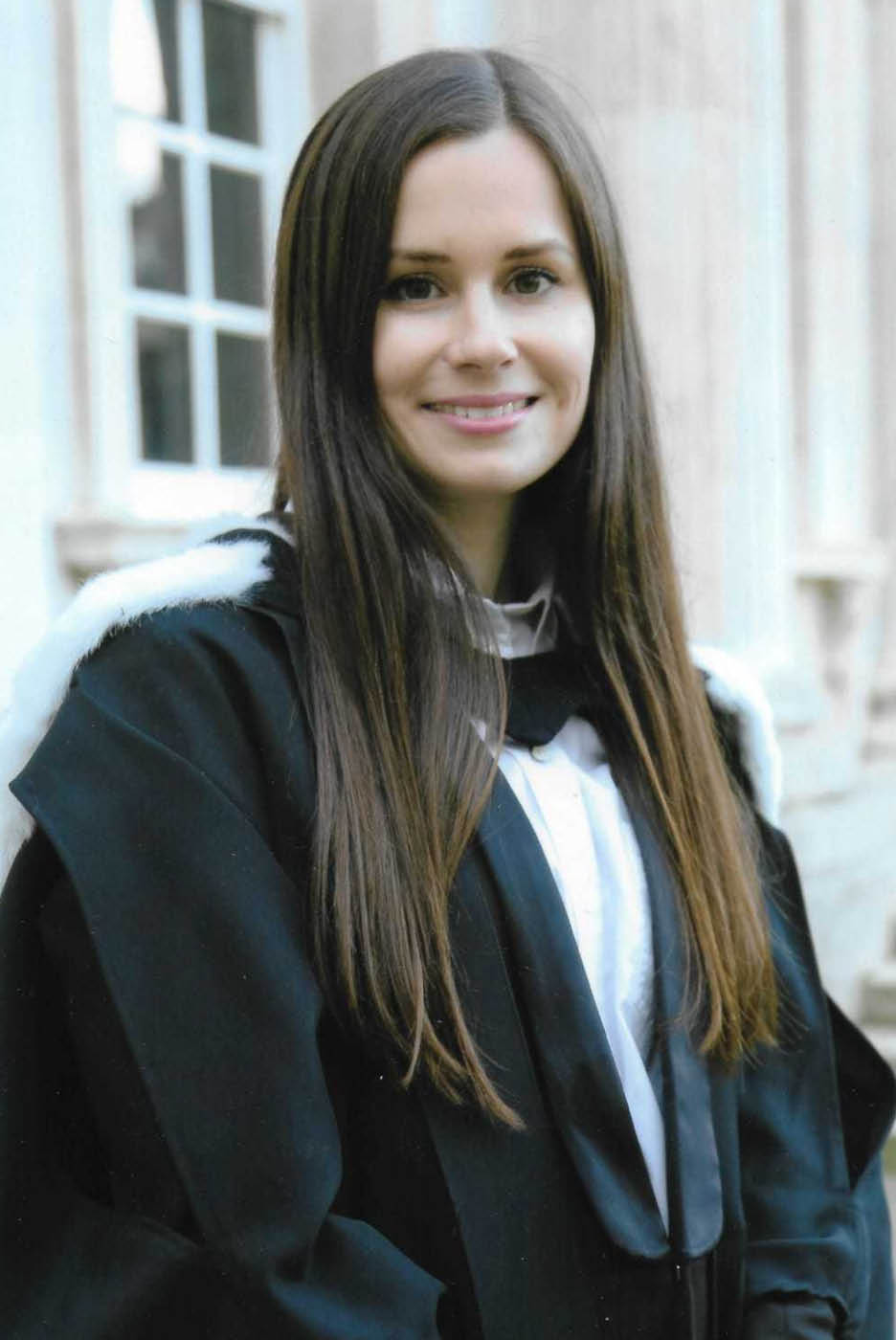



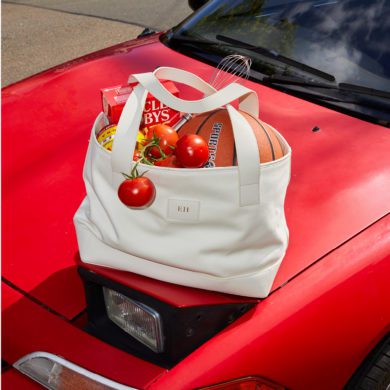
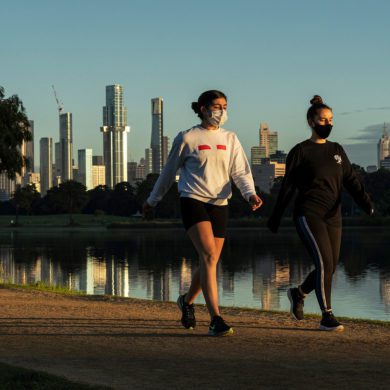
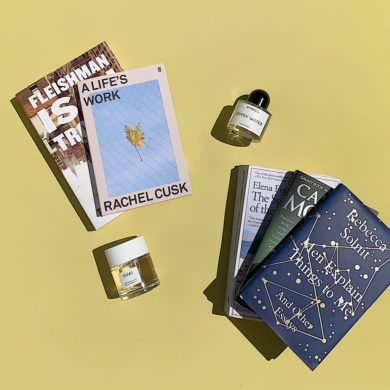

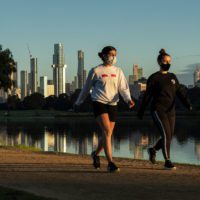
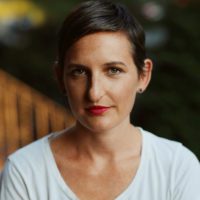
No Comments